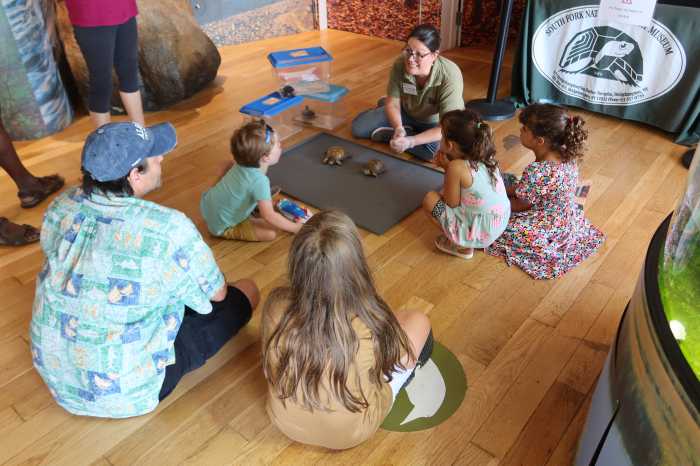Chanukah: A Legendary Light Show Through History

What’s Chanukah all about? The Hebrew word “Chanukah” means dedication, and the holiday celebrates the rededication of the ancient Temple in Jerusalem. But don’t expect this story to stick strictly to history books—it’s a colorful blend of fact, legend, and timeless lessons.
To get to the roots of Chanukah, we look to the oldest accounts of the Maccabees—Jewish rebels who took on the mighty Seleucid Greek army and won, defying all odds. Their story is detailed in two ancient texts, Maccabees 1 and Maccabees 2. Here’s a fun twist: these books didn’t make the cut into the Hebrew Bible but found a home in the Catholic Old Testament instead. Why the snub? Perhaps because, for Jewish tradition, legends often shine brighter than straight-up history.
The books of Maccabees describe the persecution of Jews under Hellenistic rule, the daring revolt led by the Maccabees, and the eight-day celebration that followed their victory. Why eight days? Turns out, the Maccabees missed celebrating Sukkot (another eight-day holiday) during their battles, so they made up for it post-victory. In these texts, the miracle isn’t about oil—it’s the stunning military triumph itself.
So, where’s the story of the oil lasting eight days? That little gem comes from the Talmud, written almost 600 years later. According to this version, when the Maccabees reclaimed the Temple, they found just one small, sealed jar of oil—enough for one day. Miraculously, it burned for eight days, giving them time to prepare more oil. And voilà, the miracle of light was born!
Interestingly, the rabbis who passed down Jewish tradition mostly gave the Maccabees a quiet corner in history. They didn’t highlight the military victories in key texts like the Mishnah, Talmud, or Midrash. Instead, they shifted the focus to the enduring symbol of light. Why? Because they believed that a holiday celebrating raw military power wasn’t the message to carry through the ages.
The rabbis wanted something bigger: a celebration of light in the darkness. Whether you see it as a flickering flame against the chill of the winter solstice or a symbol of hope against the world’s struggles, the lights of Chanukah remind us that there’s always room to brighten the world.
Today, we kindle the Chanukah lights not just to remember an ancient miracle, but to inspire our own acts of kindness, justice, and hope. Each flame is a small but powerful reminder: in a world that often feels dark, we have the power to bring the light. So, spin that dreidel, fry up some latkes, and shine on!









